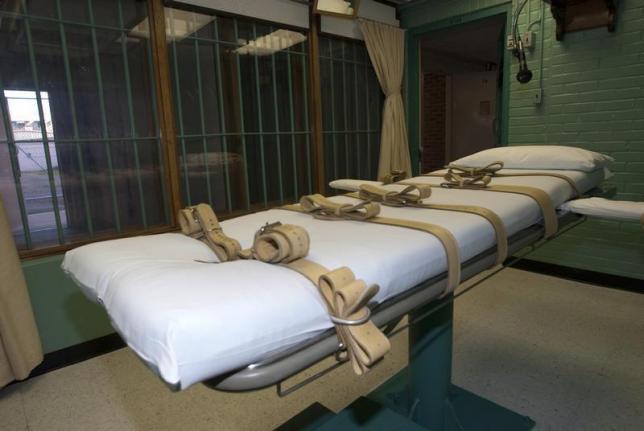Vietnamese law experts are getting into a heated debate over a proposed amendment to the Penal Code that capital punishment should be commuted to a life jail term if the convicted can give back a part of the money or property they have gained from their wrongdoing.
>> Vietnam not to drop death penalty for corruption
Vietnamese law experts are getting into a heated debate over a proposed amendment to the Penal Code that capital punishment should be commuted to a life jail term if the convicted can give back a part of the money or property they have gained from their wrongdoing. Among the amendments to the Penal Code that the government is about to submit to the National Assembly is one that proposes the death penalty should be reduced to a life sentence if the convicted can submit to competent agencies at least half of the money or property they have earned from their crimes; actively work with investigators on detecting, investigating, and handling criminals; or achieve a great feat. According to Deputy Minister of Justice Dinh Trung Tung, this amendment was put forward on the basis of the Party’s policy to narrow the applicable scope of capital punishment, lower jail-term sentences, and increase pecuniary penalties. Therefore, in addition to a provisional amendment calling for the abolition of the death penalty for seven crimes, the amendment drafting board has also recommended such a commutation, Tung added. Vietnam now considers waiving capital punishment for seven crimes: plundering property; destroying important national security works and/or facilities; disobeying orders in the military; surrendering to the enemy, which is applicable in the army; undermining peace, provoking aggressive wars; crimes against mankind; and war crimes. Meanwhile, a research group of the National Assembly Justice Committee said that the new amendment should be considered carefully in order to prevent occurrences in which murderers, drug offenders or violators of national security can use their money to escape death sentences. Chairman of the committee Nguyen Van Hien said, “This draft amendment can give rise to a misunderstanding that any death row inmates can avoid their sentence if they have enough money as required. Therefore, I recommend that this proposition should be re-considered,” Hien said. In talking with Tuoi Tre (Youth) newspaper, lawyer Truong Trong Nghia, who is also a lawmaker, said that the submission of money in this case should be understood as a mitigating factor in penalizing an offender, not to be misunderstood as an exchange of money for a commutation. “Such a regulation must be drafted clearly to show its rationale so that it can be passed by the National Assembly,” lawyer Nghia advised. Meanwhile, Judge Pham Cong Hung, from the appeal court of the Supreme People’s Court in Ho Chi Minh City, said that this proposal may cause discontent in society, show a loophole in law enforcement, and create conditions for corrupt officials to get away from capital punishment easily, according to news website Dan Tri. “It is extremely unreasonable for offenders to submit at least half of the money or property gained from their crimes and then enjoy a commutation from the death penalty to life prison terms, as that money or property originally belonged to others or the State; it is not theirs,” Dan Tri quoted Judge Hung as saying. Lawyer Truong Xuan Tam, deputy chairman of the Bar Association of the southern province of Ba Ria-Vung Tau, also expressed his disagreement over such a leniency. “This suggestion is vey unreasonable as it is against the current principles of criminal treatment. It is unacceptable to set up a mechanism for using money in exchange for life, as many death row inmates have a lot of cash and they will try to duck the death penalty at any cost,” Tam said. “This proposal is also against the principle of independent trial of any court. Whether a defendant is sentenced to death must be decided by the jury in a hearing. After a sentence has been announced, there should not be ‘a second trial’ for the convict with ‘banknotes’ being the ‘jurors’,” the lawyer said.
Like us on Facebook or follow us on Twitter to get the latest news about Vietnam!






















































